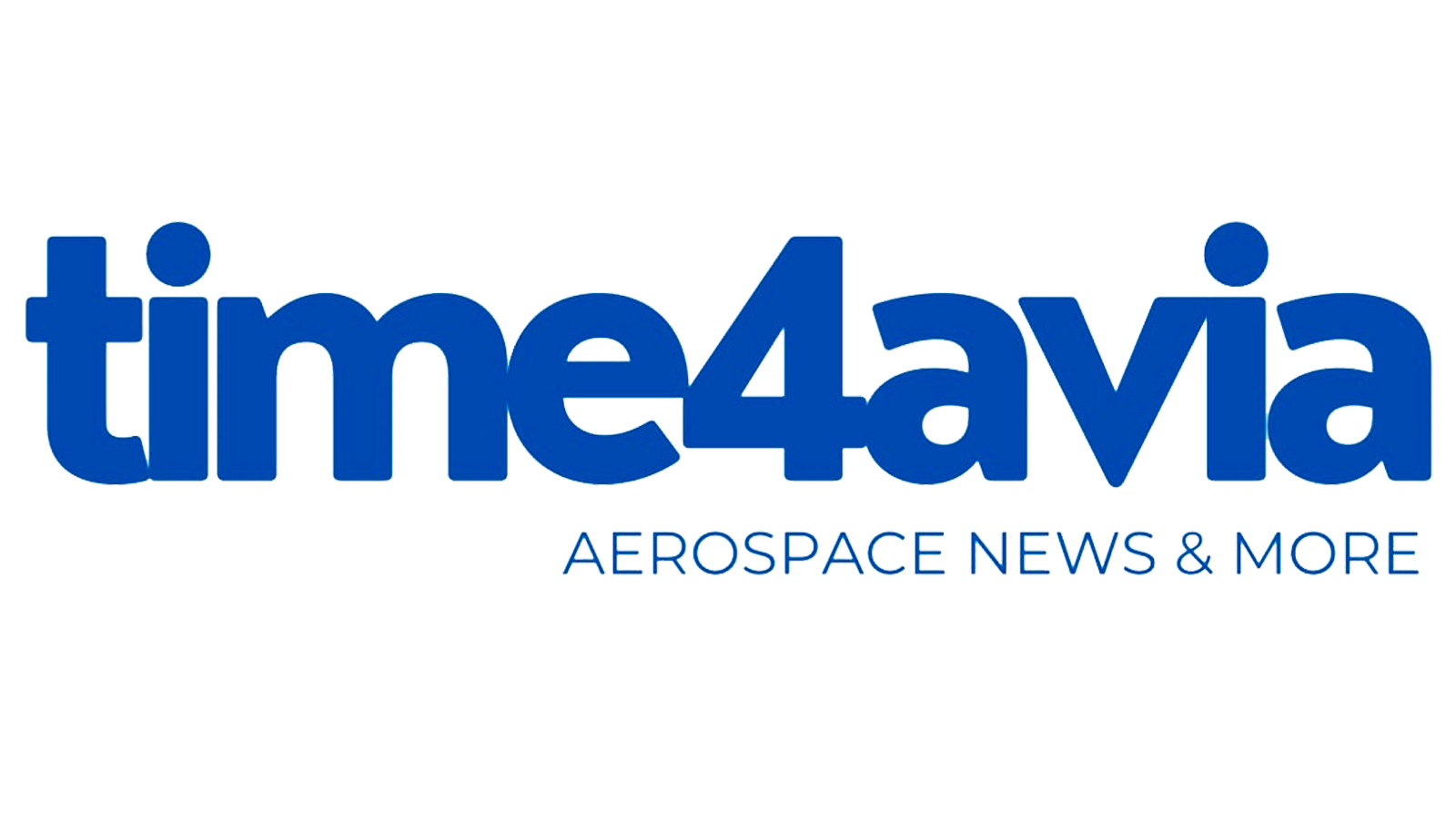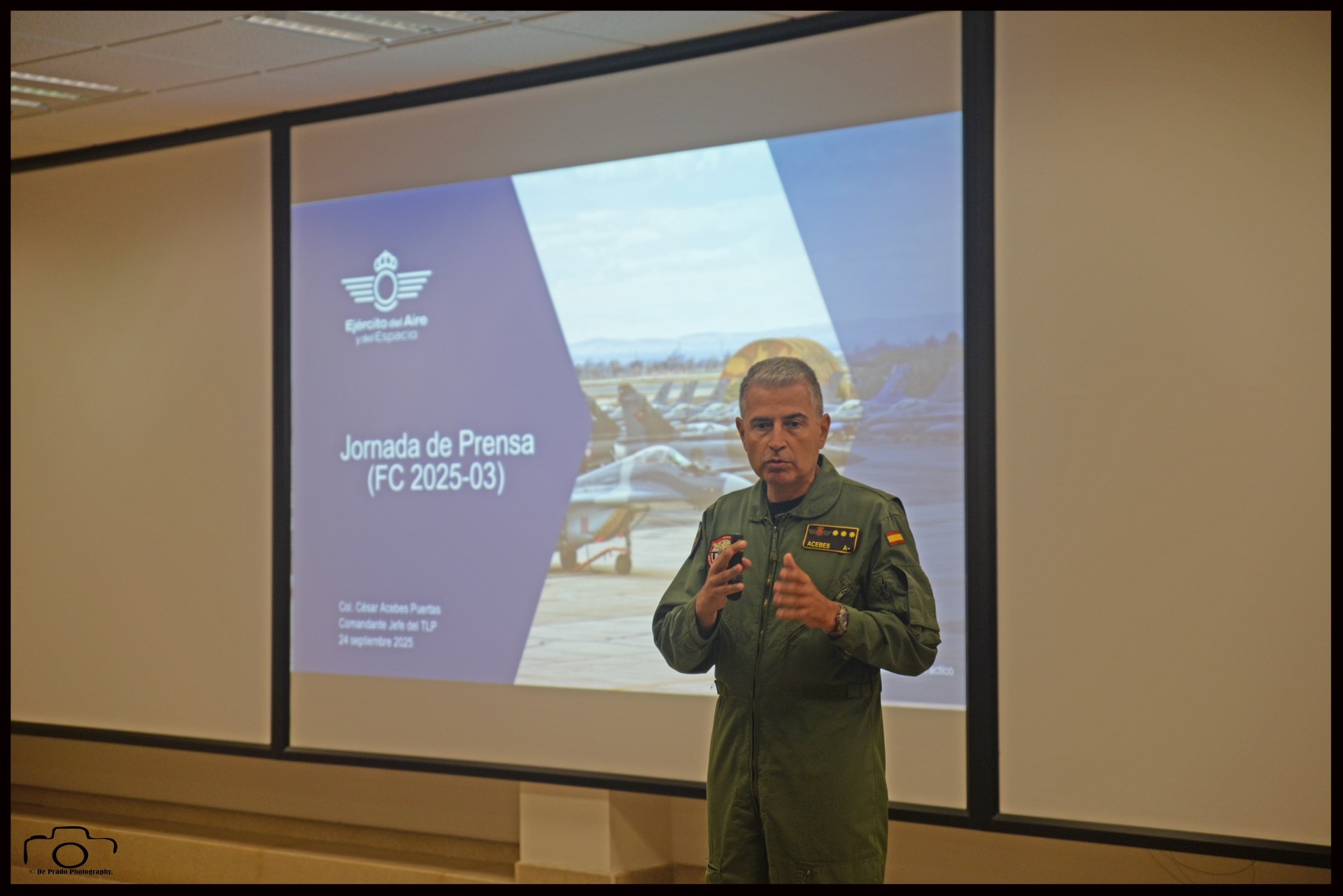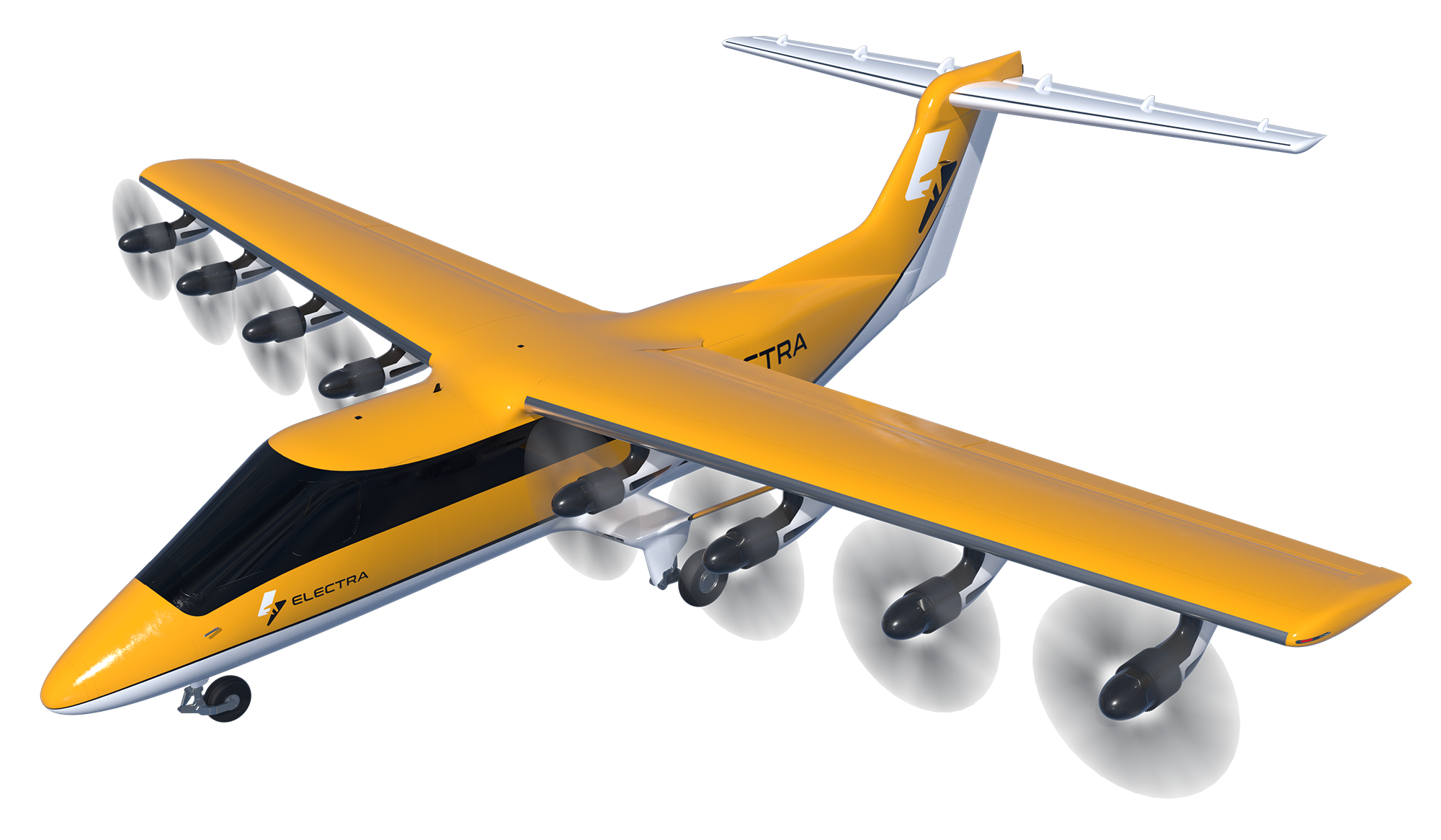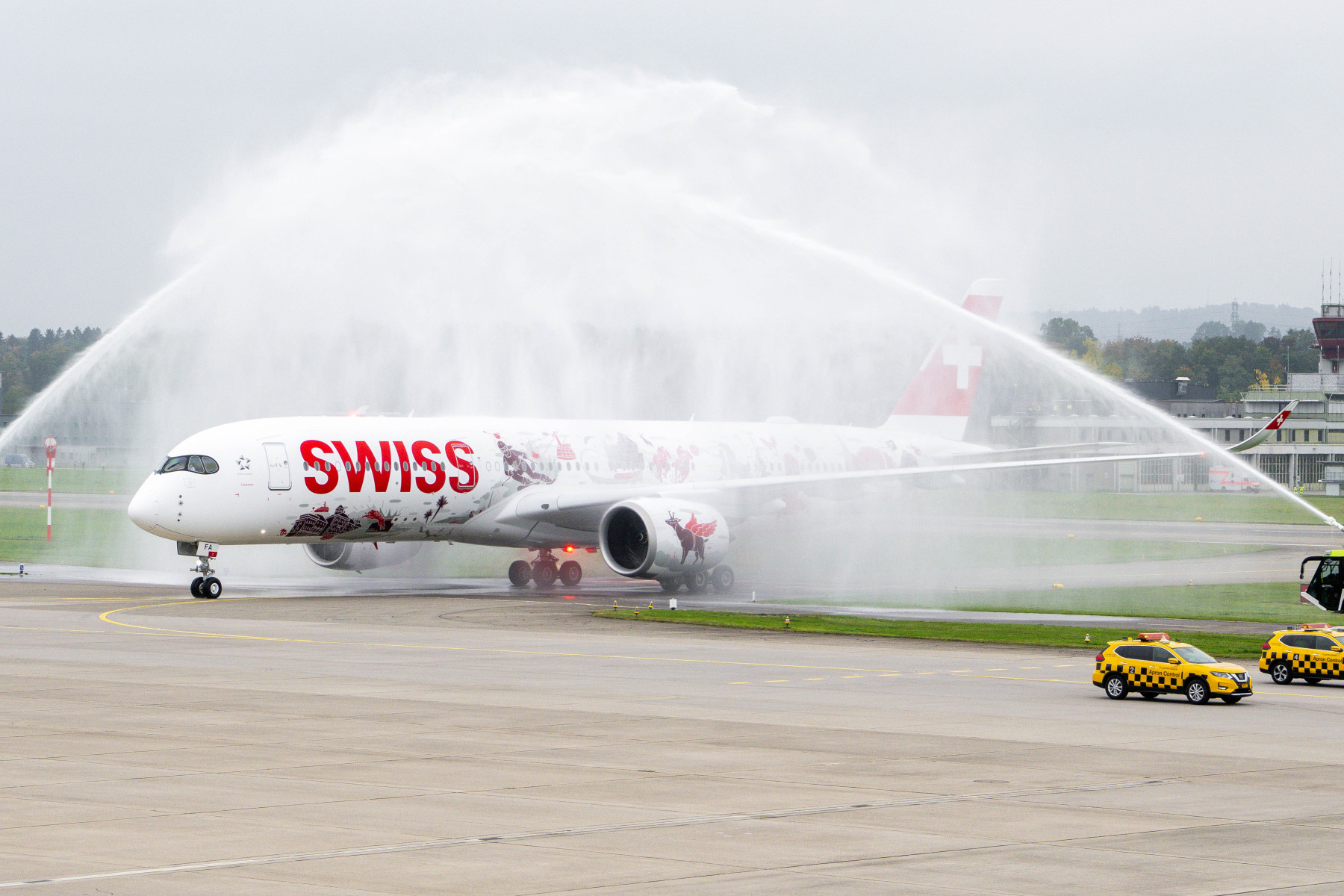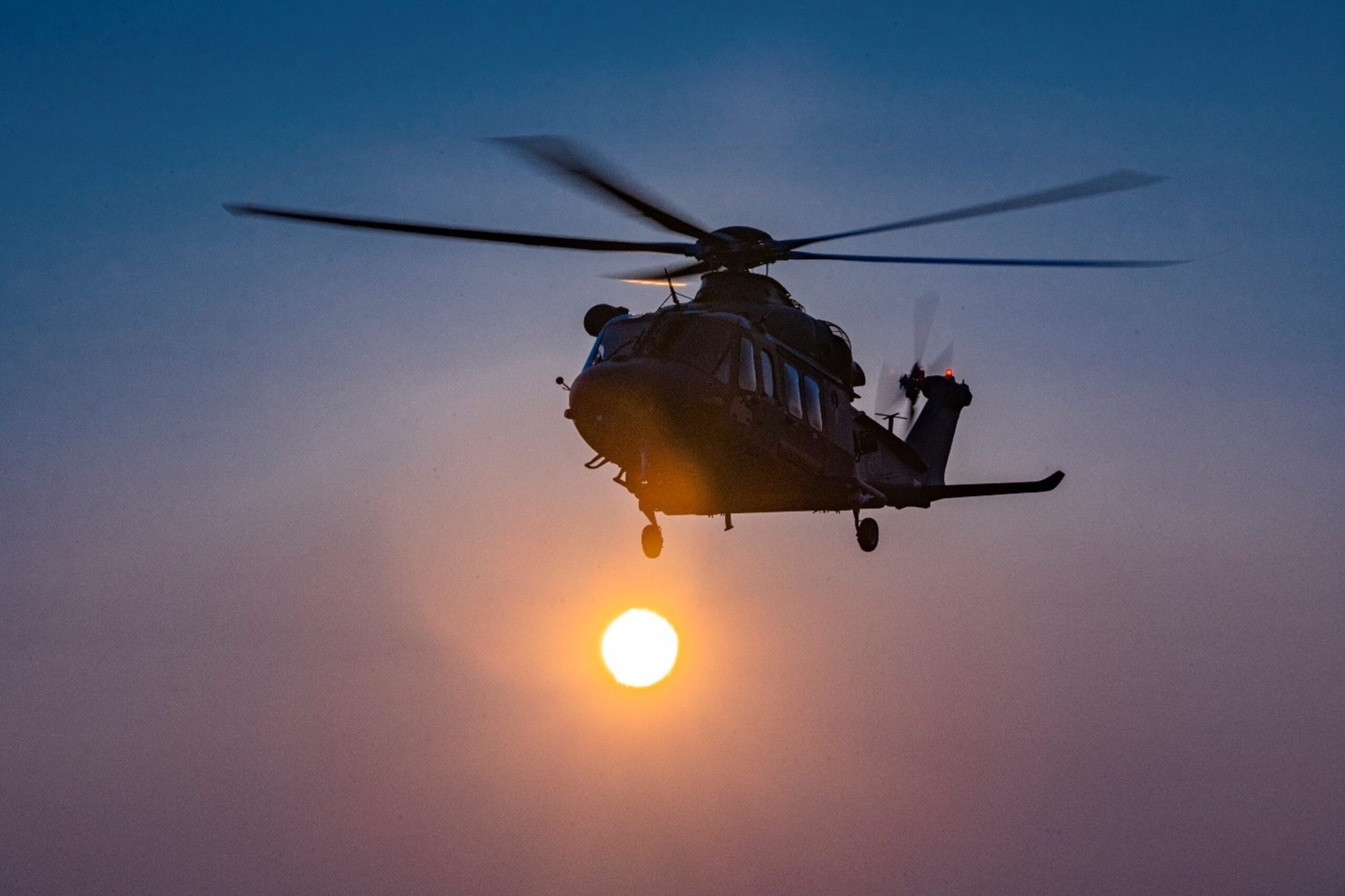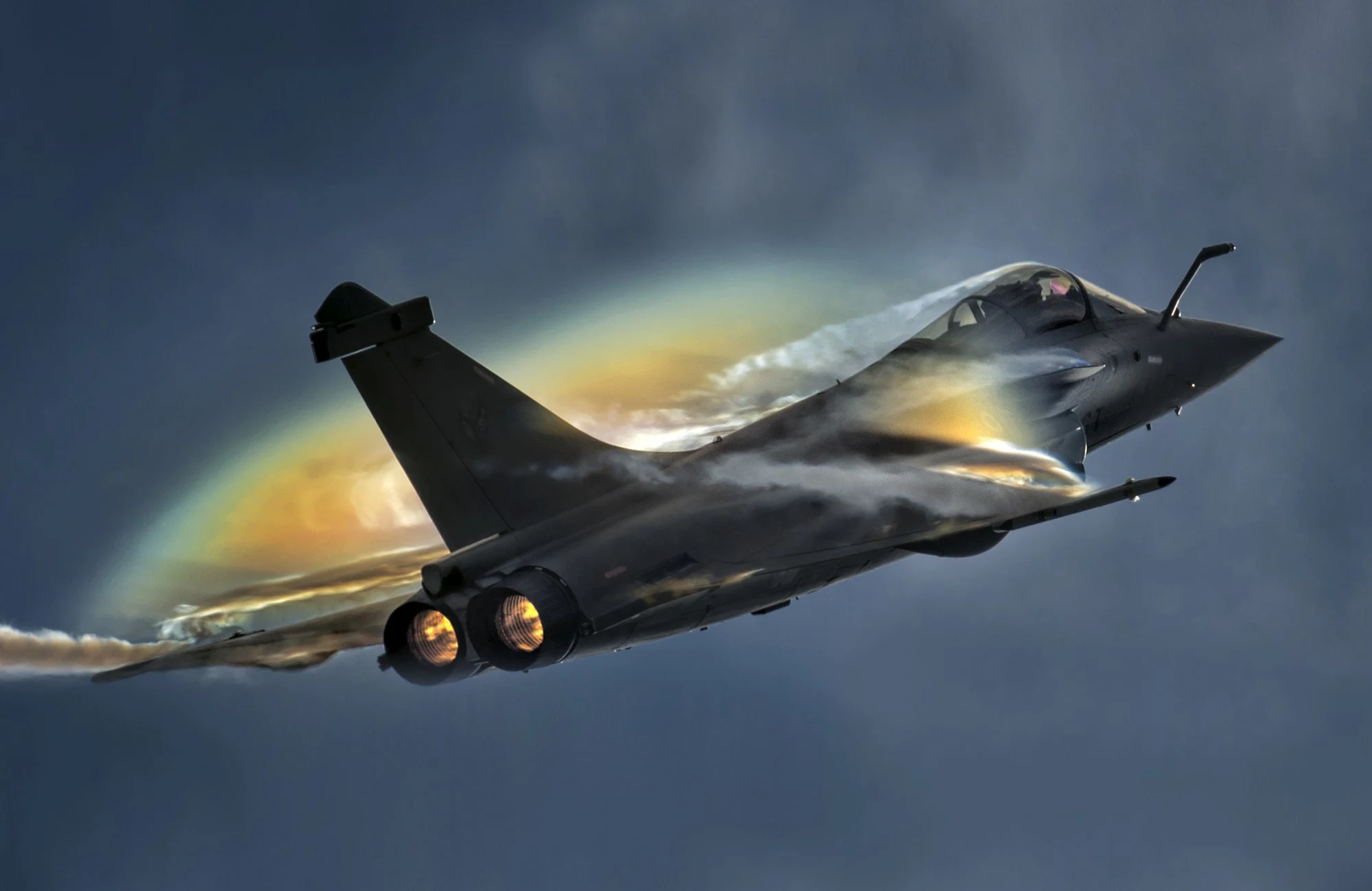Text & Image; Boeing.
Boeing and Turkish Airlines today announced a firm order for up to 75 787 Dreamliner airplanes, the largest widebody acquisition in the flag carrier’s history. The agreement includes 35 787-9s, 15 larger 787-10s, and options for 25 787 Dreamliners to expand and modernize the airline’s fleet. The new order will support more than 123,000 jobs across the United States.
The airline also announced its intention to acquire up to 150 additional 737 MAX airplanes, which will constitute its largest single-aisle order from Boeing once completed. The combined 787 and 737 MAX orders will double Turkish Airlines’ Boeing fleet as the airline expands its capacity and network.
“This historic agreement represents much more than just a fleet increase. It reflects our industry leadership, as well as our dedication to innovation and operational excellence. “, stated Prof. Ahmet Bolat, Chairman of the Board of Directors and the Executive Committee of Turkish Airlines. “The addition of these advanced Boeing aircraft to our fleet will not only enhance our operational capabilities, but will also be a key element of Turkish Airlines’ Vision 2033 to expand our fleet to 800 aircraft.”
Through a network that reaches more countries than any airline in the world, Turkish Airlines today operates more than 200 Boeing aircraft, including the 787-9, 777, 737 MAX, Next-Generation 737 and 777 Freighter models.
The addition of the larger 787-10 to its future fleet will allow Turkish Airlines to benefit from additional passenger and cargo capacity, while improving fuel efficiency on high-demand routes between Istanbul and destinations in the United States, Africa, Southeast Asia and the Middle East.
The 787-10, like the 787-9, also offers superior passenger comfort with the largest windows of any widebody airplane, less dry and pressurized air at a lower cabin altitude, and technology that detects and counteracts turbulence for a smoother ride.
“We are honored that Turkish Airlines has once again chosen the 787 Dreamliner and 737 MAX to fuel its future growth,” said Stephanie Pope, president and CEO of Boeing Commercial Airplanes.
Turkish Airlines is one of the global carriers that has made the 787 a versatile component of its long-haul fleets. With more than 1,200 aircraft delivered, the 787 Dreamliner family carries approximately 500,000 passengers daily and connects more countries than any other widebody fleet.
Pope added: “As a proud partner of Turkey and the Turkish aviation industry for 80 years, we look forward to continuing to support Turkish Airlines as it expands its operations and delivers exceptional passenger experiences.”
For eight decades, Boeing has supported Turkish airline operators with commercial airplanes and services, as well as the government with defense platforms.
With offices in Ankara and Istanbul, Boeing has invested $2 billion in supply chain development, creating nearly 5,000 jobs in Turkey. These investments drive growth in the local aerospace sector, promote innovation, and enhance the integration of Turkish industry into the global aerospace supply chain through its supplier development program.
Boeing, a leading global aerospace company and one of the largest U.S. exporters, develops, manufactures, and services commercial airplanes, defense products, and space systems for customers in more than 150 countries. Our U.S. and global workforce and supplier base drive innovation, economic opportunity, sustainability, and community impact. Boeing is committed to fostering a culture based on our core values of safety, quality, and integrity.
